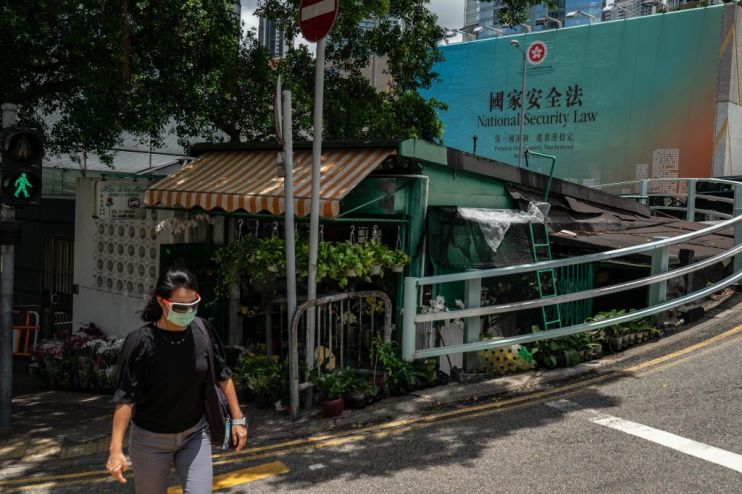UK suspends extradition treaty, places arms embargo on Hong Kong

The UK has officially suspended its extradition treaty with Hong Kong indefinitely and banned arms exports to the region in line with existing restrictions on mainland China.
Foreign secretary Dominic Raab said the imposition of new security legislation in Hong Kong by Beijing meant that the “key assumptions underpinning or extradition treaties with Hong Kong” had been “significantly changed”.
Raab said clauses in the new legislation that allow Beijing to take over legal cases and have people tried in mainland China meant there was an absence of “legal or judicial safeguards”.
The change means that the UK will not have to send people charged with crimes in Hong Kong back to the region.
It follows similar decisions by the UK’s Five Eyes security partners Canada and Australia.
The new laws also mean that criticism of the Communist Party of China is punishable by law, effectively ending freedom of speech for Hong Kongers, and that Beijing will set up security offices in the region for the first time.
Before the Open newsletter: Start your day with the City View podcast and key market data
Raab said the UK would also extend its arms embargo on mainland China, which begun in 1989, to include Hong Kong in response to the new security legislation .
“There will be no exports to the UK to Hong Kong of potentially lethal weapons, their components or ammunition,” he said.
“It will also mean a ban of the export of any equipment not already banned that could be used for internal oppression.”
The foreign secretary said the measures were a “reasonable and proportionate” response to Xi Jinping’s actions in Hong Kong, which the government considers to be in breach of the UK-China treaty drafted during the handover of the region.
The UK, US, the EU and a host of other countries have said it violates China’s “one country, two systems” rule in relation to Hong Kong.
“We will protect our vital interests, we will stand up for our values and we will hold china to its international obligations,” Raab said.
Labour shadow foreign secretary Lisa Nandy said the party “warmly welcomed” the new sanctions.
Today’s announcements mark a new nadir for Sino-British relations, just a week after the government announced it was banning Huawei from building the UK’s 5G network in a stunning U-turn.
Security experts have said there is a risk that Huawei will use its position to launch cyber attacks and conduct surveillance – a claim denied by the telecoms giant and by China.
Culture and digital secretary Oliver Dowden said the decision was made in light of new US sanctions on Huawei that will severely impede Huawei’s supply chains.
The government has also just imposed a Magnitsky act, which will see the UK impose sanctions on human rights abusers.
China’s treatment of Uyghur Muslims – which has included mass sterilisations and internment camps – has also drawn wide criticism.
China’s ambassador to the UK signalled yesterday that Beijing is prepared to level sanctions against Britain in response to its recent flurry of sanctions and denouncements against the growing super power.